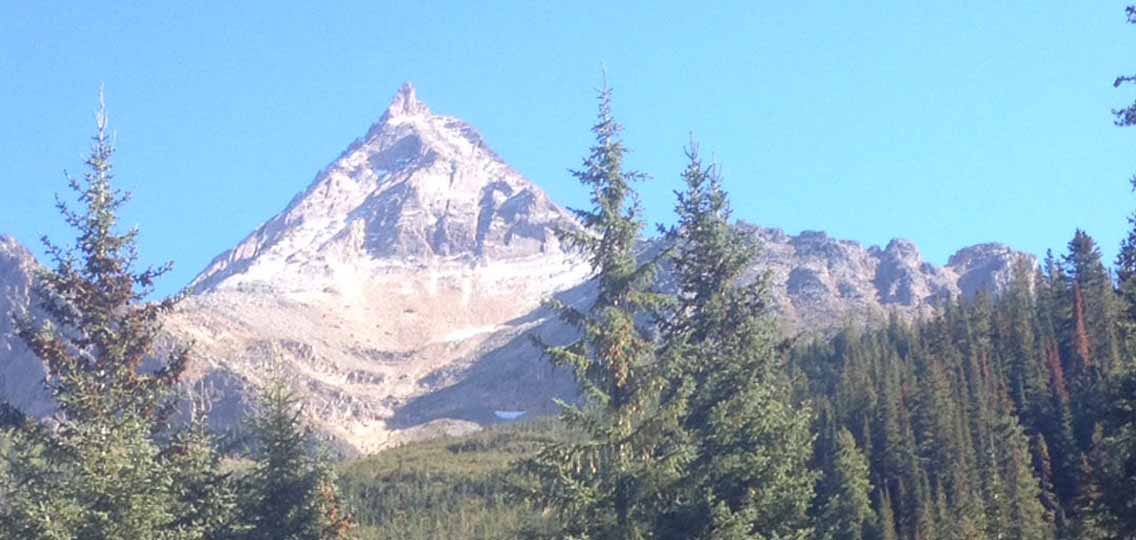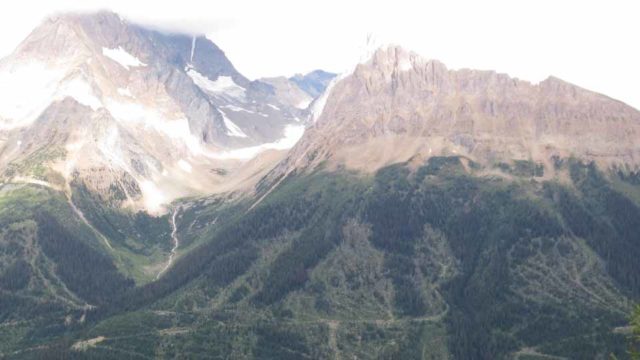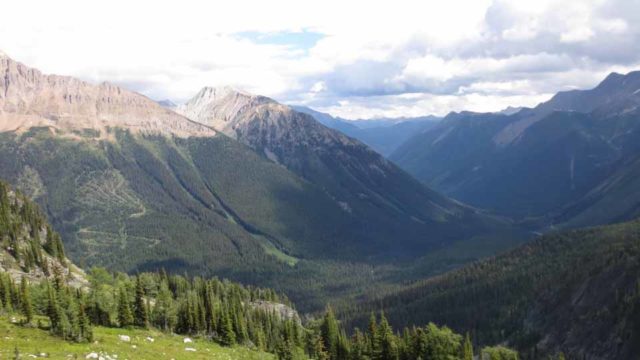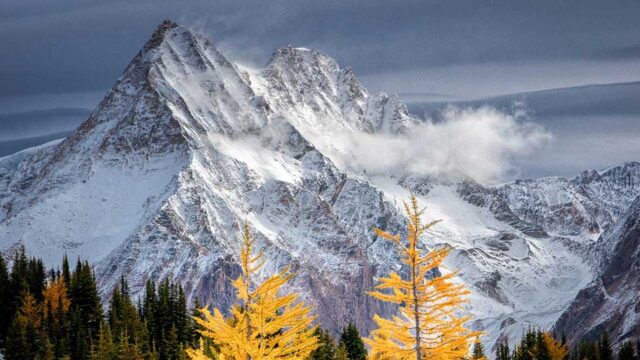The Jumbo Valley, located deep in the wilds of British Columbia’s Purcell Mountains, has long been revered for its spiritual significance and beauty. Since the early 1990s, Glacier Resorts Ltd. has insisted on developing a ski resort despite the opposition of local First Nations and community groups.
The resort would significantly and irrevocably impact the local environment which is an area sacred to the Ktunaxa people, known as Qat’muk — home of the Grizzly Bear Spirit. That’s why the Ktunaxa Nation took their fight to protect Qat’muk to the Supreme Court of Canada.
Ecojustice lawyers, representing Amnesty International Canada — interveners in the Ktunaxa Nation’s case — presented evidence detailing international human rights norms as well as case law from other countries and international bodies upholding Indigenous land-based spiritual rights.
In November 2017, the Supreme Court of Canada dismissed the Ktunaxa Nation’s case. (Ktunaxa Nation v. British Columbia [Forests, Lands and Natural Resource Operations], 2017 SCC 54.)




